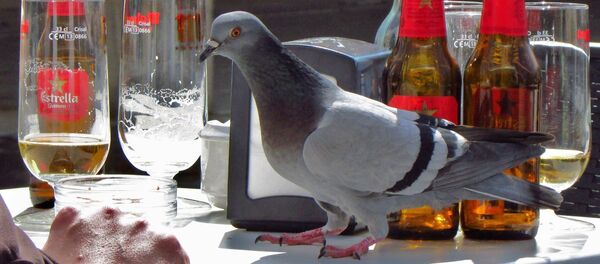"We have tended to children whose parents' drinking over the holidays began to be a stress factor for them. In some cases, the children's or young people's lives were eclipsed by alcohol for several days," MLL helpline director Tatjana Pajamäki told Finnish national broadcaster Yle.
The MLL Helpline for Children and Youth has been active in Finland since the 1980s. According to Pajamäki, discussion topics covered by the service have become much more serious in the 2010s. Calls about depression, anxiety and suicidal thoughts have doubled, she noted. In 2015, the MLL received over 32,000 phone calls, about 2,000 web messages and logged 1,300 chat discussions.
At various stages of the 20th century, all Nordic countries tried prohibition as a means of curbing alcohol consumption. Finland enacted prohibition in 1919, as one of its first acts after gaining independence from the Russian Empire. However, the Finnish experience proved to be similar to that of the US, as violence and crime rates soared and large-scale smuggling flourished. Ultimately, 70 percent of the public rejected prohibition in a national referendum, and alcohol was re-legalized there in 1932.
Today, Finland, like all Nordic countries with the exception of Denmark, continues to maintain a government monopoly on the sale of spirits, wines and stronger beers (Alko). The sale of alcohol remains highly taxed. Bars and restaurants may, however, import alcoholic beverages directly or through other companies.
"Among the Nordic countries, total consumption in Sweden and Norway is significantly less than in Finland," the letter signed by Systembolaget chair of the board Kenneth Bengtsson and CEO Magdalena Gerger, said, without mentioning, however, that it remains below the EU average of 12.5 liters.
Nevertheless, drunken feats by high-profile Finns have repeatedly gained international attention, making international headlines. Ice hockey aficionados definitely remember Finnish goalie coach Pasi Nurminen, who in obviously inebriated state stumbled off of the team plane and face-planted into the hard-won trophy of the 2011 World Hockey Championships. The award was reported to have received a visible dent.





